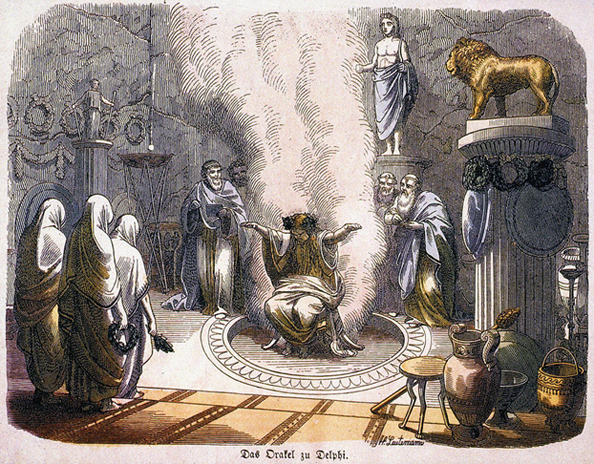What if you could know the future? Or at least know it well enough to make better decisions today?
It’s become cliché to suggest executives show little interest in great future oriented analysis projects because they are too wrapped up in the next quarter or fiscal year. Give the brass a break!
Trust me, they are interested in the future. They want to find the next big thing as much as you do … maybe more so since they control that most important element of all, the money needed to find and exploit big ideas. If they make successful bets, the reward is beyond anything most of us can imagine.
The problem with most future oriented analyses is that they promise the impossible and deliver the obvious. Trends will continue. Innovation will happen in surprising ways. Technology barriers will diminish. Commerce will continue to increase in speed. Blah, blah, blah!
Many futurists make these observations to much ooh and ah. But executives have rightly grown wary of these great prognosticators. They’re suspicious because the prognosticators rarely give solid recommendations on how to act on the next great innovations. And when those innovations arrive on scene they have the chutzpah to suggest they were easy to see coming … like so much of hindsight!
Executives don’t want any more of these laser light shows. What they want is a thorough and honest assessment of possibilities and robust options for what to do about them.
This is fundamentally the role of good technical intelligence. An honest and thorough assessment of the current and future state of technologies: Which companies or organizations have which technologies? Where are these companies and their inventors headed? What are they good at? How durable or sustainable are their inventions? Should we invest in these technologies? How? Through internal discovery and invention? Or through partnerships and acquisitions?
On October 10th at RECONVERGE:G2 in Indianapolis we are going to explore these questions. We are going to have some of the best Technical Intelligence practitioners in the business share how they have helped organizations peer into the future and make better informed decisions in the present.
Originally posted at RECONVERGE.NET on September 6, 2013.

